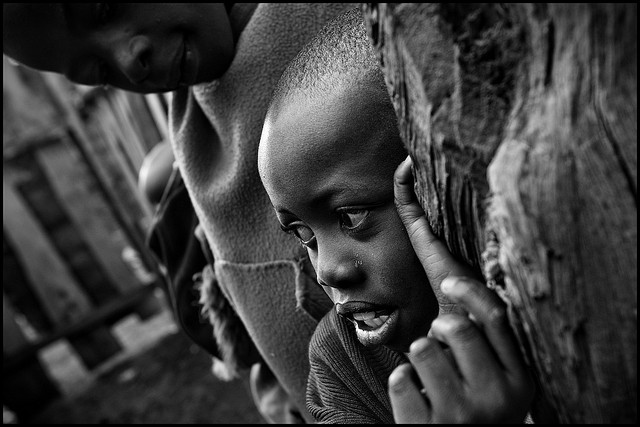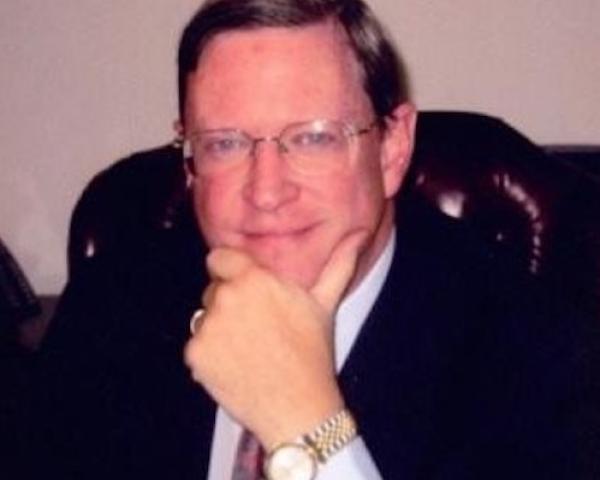These remarks were delivered at the United Nations Sustainable Development Summit on Friday, Sept. 25, 2015.
Good afternoon, excellencies, ministers, ladies and gentlemen. My name is Mike Morrissey, and I'm president and CEO of the International Insurance Society. We are a nonprofit research and idea exchange organization representing life and non-life insurers, as well as regulators and risk management scholars, from nearly 100 countries.
Professor Shawn Cole of Harvard, a world-leading expert in development economics, has said, "Risk is one of the greatest challenges faced by poor people around the world."
This can be seen as the risk of flood, earthquake, hurricane or cyclone. It can also be experienced as crop failure, livestock mortality, illness or death of a family member or in food or water security. The ability to manage and finance risk is therefore a key element in the development of societies, and thus in alleviating poverty and hunger.
The insurance industry has played a key role in this effort by expanding access to risk protection and risk management advice, for centuries in the developed world, and now very broadly in Sub Saharan Africa, South Asia, Latin America and in other less-developed areas. With nearly one billion people living on about one U.S. dollar a day, this form of social protection is vital, since the poor are often those most exposed, just one loss event away from calamity for themselves, their families and their possessions.
At the UN Insurance Sector Summit, which took place at the ECOSOC Chamber here last June, I sat next to Secretary General Ban Ki-moon as he complimented the insurance industry for its vital role in mitigating and reducing risk and thereby raising living standards where help is needed most. But he also called for the industry to do more in the future, and so the industry continues to innovate in ways that offer more protection for more people, and makes a major contribution to reducing poverty and hunger.
A few examples are worthwhile to make the insurance industry's role clear.
German Insurer Allianz is a world leader in microinsurance, the protection of low-income people. Allianz provides crop, livestock and other coverage for 125 million farmers in India and China, and participates in the Africa Risk Capacity pool to insure governments against natural catastrophes. Peruvian insurer La Positiva has tailored agricultural coverage for rural farmers who have limited access to communications and healthcare. A new Bermuda-based venture called Blue Marble Microinsurance has developed savings and protection products, among them some linked to poor women's key life-cycle triggers.
These efforts, and many more like them, link the worlds of finance and development, expanding access to protection from the unique set of risks faced by the world's poor. Through our industry's efforts, and through public private partnerships with governments and international institutions to capitalize on both the risk assessment and long-term investing capabilities of insurance organizations, the sustainable development goals of ending extreme poverty and hunger can and will be achieved.






